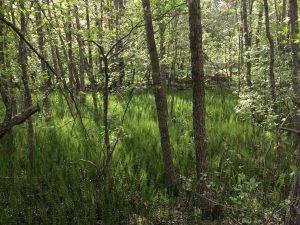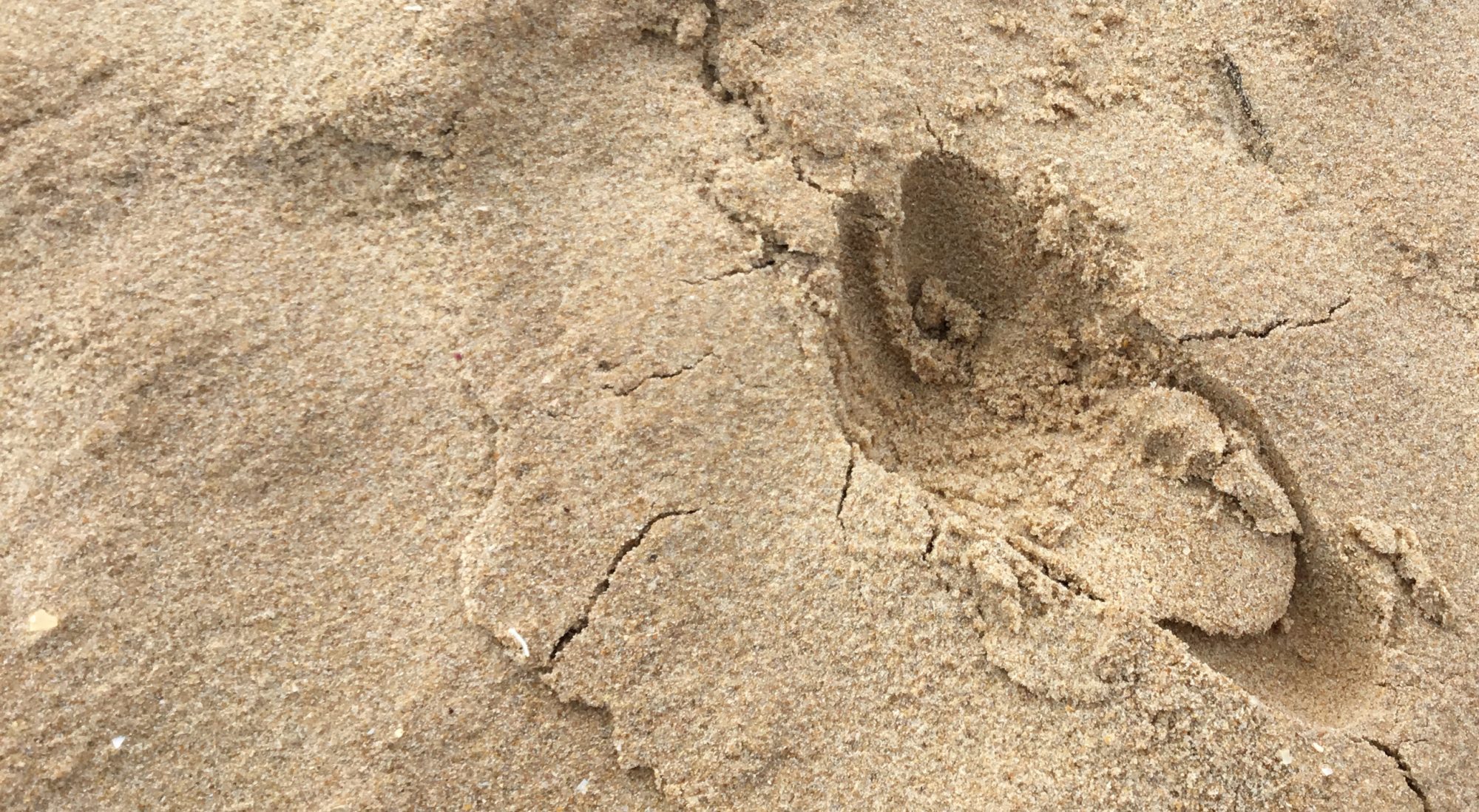The research cooperation on sustainability and science in teacher education between the University of Stavanger and the University of Helsinki (see earlier blog text about this cooperation) has now resulted in a second joint article on early childhood teacher education. Based on Tuula Skarstein’s good experience from Norway, we decided to also include species learning on a course in Helsinki. The article shows the results from this course.

The species exam was very hard for me because I had not used species knowledge much since the time I was forced to learn species in elementary school. Despite this, I already notice that I observe my surroundings in a different way than I have done before, and I must honestly say that it feels good. (One of the students)
https://www.mdpi.com/2071-1050/12/9/3698
Abstract:
To understand biodiversity, it is crucial to have knowledge of different species and their life conditions. Biodiversity learning for children starts with observing plants and animals in the neighbourhood. Therefore, it is important that early childhood (EC) teachers know the local nature. There are few studies on species knowledge among EC student teachers but results from a Norwegian study show that although EC student teachers had poor species knowledge when entering university, their knowledge increased remarkably during their studies. Based on these results, the current study investigates the implementation of species learning in an EC teacher education course in Finland. Our aim was to study the student teachers’ species identification skills, their views on the importance of species knowledge, and their experiences of species learning. The study used a mixed-methods approach and included species identification tests, a questionnaire, learning diaries, and focus group interviews. The results show that the student teachers were eager to learn about species. They found species learning important both for EC teachers and for sustainability, and they appreciated learning about species in a broad sense, from personal, educational, and social perspectives. Our conclusion is that implementing species knowledge in EC teacher education promotes an interest in the natural world and may form a significant contribution to nature and sustainability education for EC teachers.
